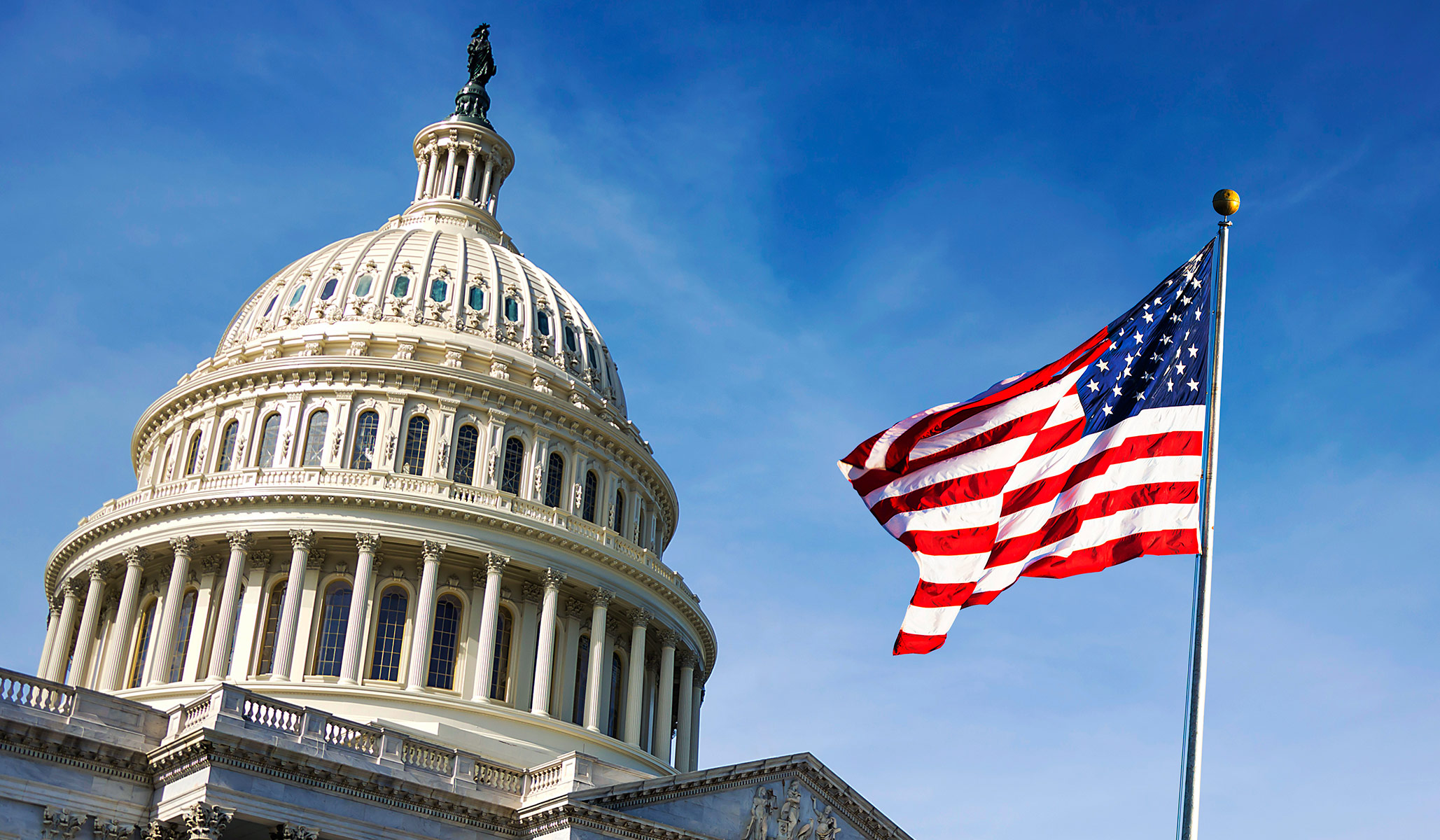Senate Votes to Advance $1 Trillion Bipartisan Infrastructure Proposal

The Senate voted 67–32 to advance a roughly $1 trillion bipartisan infrastructure proposal on Wednesday night.
The vote comes one month after negotiators initially said they had reached a deal on infrastructure. A bipartisan group of ten senators and the White House then spent weeks finalizing the details of the proposal.
The 17 Republican senators who voted to move the bill to formal debate included Senate Minority Leader Mitch McConnell (Ky.) and Senators Richard Burr (N.C.), Bill Cassidy (La.), Susan Collins (Maine), Shelley Moore Capito (W. Va.), Lisa Murkowski (Alaska), Rob Portman (Ohio), Mitt Romney (Utah), Thom Tillis (N.C.), Chuck Grassley (Iowa), Todd Young (Ind.), Mike Crapo (Idaho), Roy Blunt (Mo.), James Risch (Idaho), John Hoeven (N.D.), Lindsey Graham (S.C.) and Kevin Cramer (N.D.)
Senate Republicans last week blocked the start of formal debate on bipartisan infrastructure legislation as the text of the bill and cost of the proposal were not yet released.
However, Republican senators who voted in favor of advancing the bill on Wednesday said this time around enough details had been agreed to in order to begin debate.
“Reaching this agreement was no easy task — but our constituents expect us to put in the hard work and show that two parties can still work together to address the needs of the American people,” a bipartisan coalition of senators said in a statement.
The procedural vote begins a debate that could last days. It is unclear whether the bill, which includes $550 billion in new public-works spending, will ultimately gain enough support to pass.
According to Politico, the bill would be funded by $205 billion in unused coronavirus aid money, $53 billion in unused unemployment benefits, $49 billion for delaying a drug rebate rule and $56 billion in expected economic growth.
Republican lawmakers had demanded that the legislation be fully paid for.
The measure includes $40 billion in new funding for bridge repair and replacement, $66 billion to modernize Amtrak and increase high-speed rail corridors across the country, $55 billion to rehabilitate clean water systems and another $65 billion to expand broadband to millions of Americans.
It would also allocate $7.5 billion for electric charging stations and $73 billion for clean energy transmission “by building thousands of miles of new, resilient transmission lines to facilitate the expansion of renewable energy,” according to the White House.





Comments are closed.